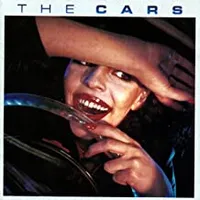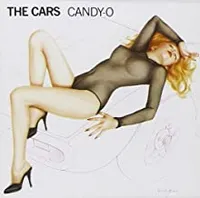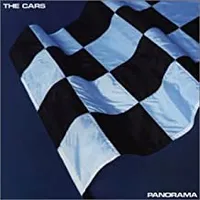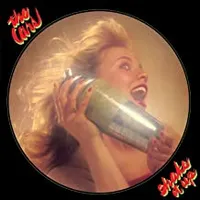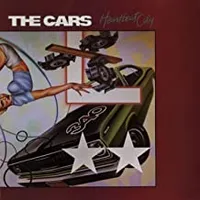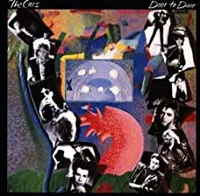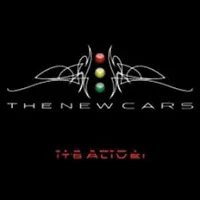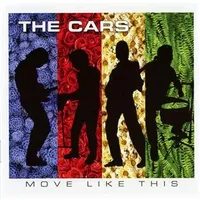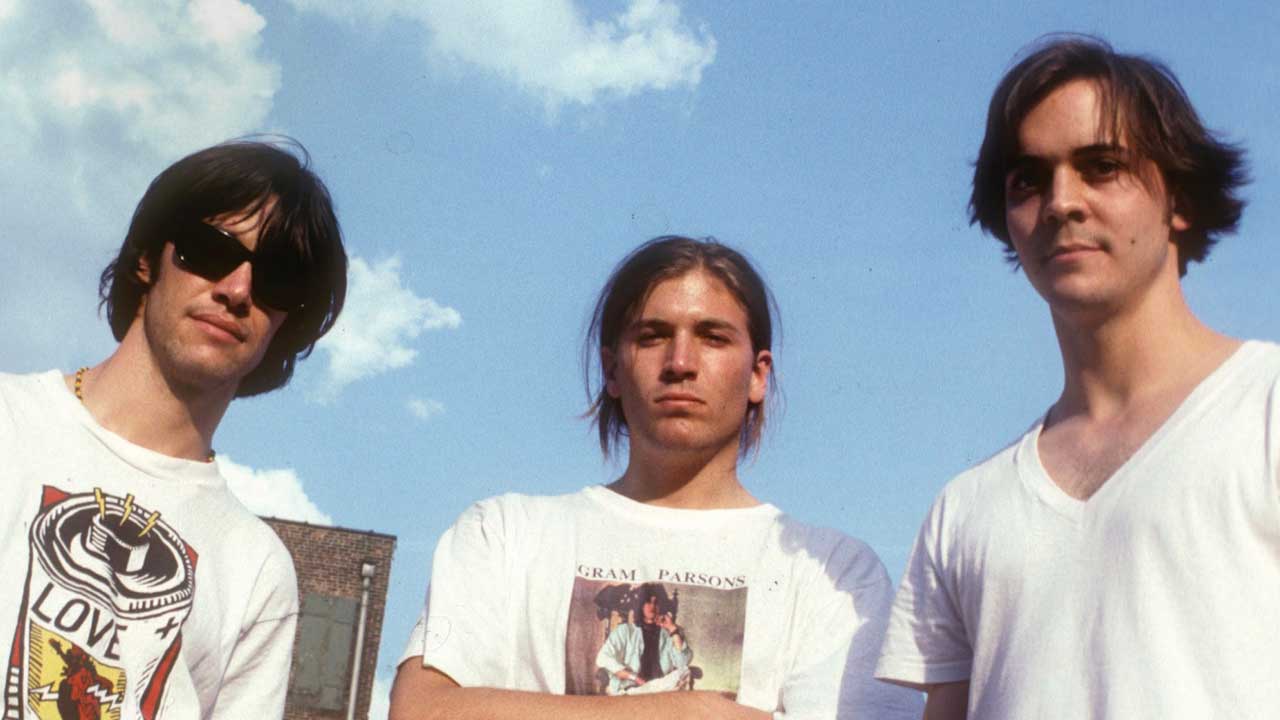"I don't like to write with others. I started The Cars to play music that I wrote": A Beginner's Guide to The Cars
The Cars motored up the charts with a trailer full of hits in the 70s and 80s before their engine fell out. Here's a look back at their albums, in chronological order
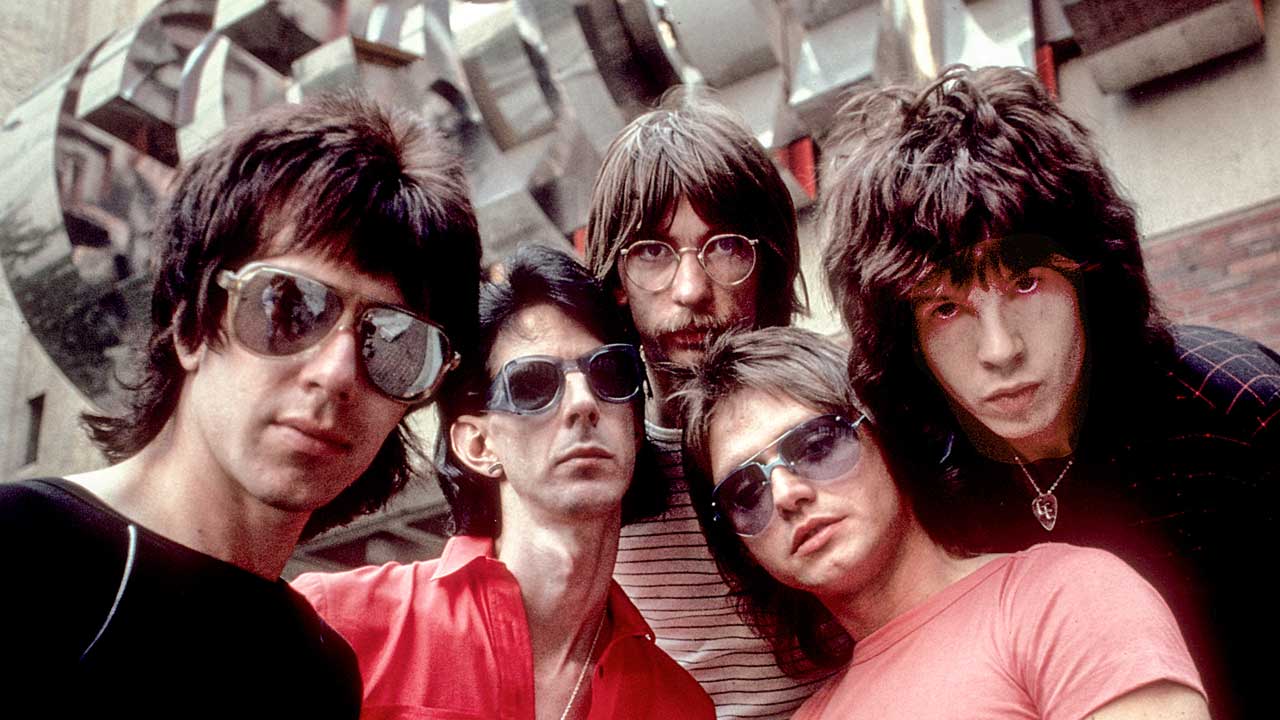
Select the newsletters you’d like to receive. Then, add your email to sign up.
You are now subscribed
Your newsletter sign-up was successful
Want to add more newsletters?

Every Friday
Louder
Louder’s weekly newsletter is jam-packed with the team’s personal highlights from the last seven days, including features, breaking news, reviews and tons of juicy exclusives from the world of alternative music.

Every Friday
Classic Rock
The Classic Rock newsletter is an essential read for the discerning rock fan. Every week we bring you the news, reviews and the very best features and interviews from our extensive archive. Written by rock fans for rock fans.

Every Friday
Metal Hammer
For the last four decades Metal Hammer has been the world’s greatest metal magazine. Created by metalheads for metalheads, ‘Hammer takes you behind the scenes, closer to the action, and nearer to the bands that you love the most.

Every Friday
Prog
The Prog newsletter brings you the very best of Prog Magazine and our website, every Friday. We'll deliver you the very latest news from the Prog universe, informative features and archive material from Prog’s impressive vault.
Led by singer/guitarist/songwriter Ric Ocasek, The Cars were the prototypical new wave band. Scoring a string of hit singles during the late 70s/early 80s, selling out arena tours and becoming darlings of MTV, it appeared the band could do no wrong. But by 1988 the once tightly knit group had completely unravelled.
A decade later, Ocasek explained that the situation hadn’t improved: “We don’t keep in contact at all,” he said, “apart from I see Greg quite frequently. But I haven’t seen Elliot in a few years, I haven’t seen Ben in about eight years, and I haven’t seen David in about three years. We don’t talk on the phone. We’re pretty much a dysfunctional family.”
It wasn’t always that way. Ocasek, from Baltimore, and Ben Orr, from Cleveland, got together in the early 70s when they moved to Boston. There they put together a short-lived folk group before returning to their true love, rock’n’roll, and formed Richard And The Rabbits followed by Cap’n Swing.
It was during this time that Ocasek and Orr brought in keyboardist Greg Hawkes, guitarist Elliot Easton and drummer David Robinson (a member of proto-punkers The Modern Lovers).
Easton recounts his first impressions of Ocasek and Orr: “They were playing at a Warner Brothers party for Foghat. I remember being very struck because it was the first local band I’d ever heard in Boston that was doing their own music – really strong. I distinctly remember having the thought, ‘I want to play in this band’.” He didn’t have to wait long.
By 1977 the four-piece had settled on a new name, The Cars. The songs and sound were in place – a blend of what would become known as new wave (Hawkes’s synths, Ocasek’s muted power chords) and arena rock (stadium-ready choruses, Easton’s guitar heroics) – with Ocasek and Orr splitting the lead vocals.
From the off, it was clear that The Cars had one songwriter in the band: Ocasek. “Our band never jammed, I wrote all the songs. I put them down on tape, with the parts on, and people learned the songs,” he explained. “I’ve never done a song by jamming with somebody else. I don’t like the idea of it. I don’t like to write with others. I started The Cars to play music that I wrote, just like I’ve started any band that I’ve ever had. I form bands to play my songs.”
Below, we look back at The Cars' albums, including reunion album Move Like This, released in 2011 without bassist and vocalist Benjamin Orr, who had died of pancreatic cancer a decade earlier. Band leader Ril Okasek passed away of natural causes in 2019.

There are few albums in rock history on which every song is a winner. The Cars is certainly one of them. Almost every track on the record has become a US rock radio standard, and with good reason.
This is Ric Ocasek’s finest batch of songs, and the band sound like a finely tuned new wave machine.
Standouts: Just What I Needed, My Best Friend’s Girl, Bye Bye Love
The ‘difficult second album’ – and The Cars avoided it. A continuation of their stellar debut, it’s mostly three-minute, guitar/ synth-driven pop ditties, while the brief Shoo Be Doo served as a preview of the experimental direction the next album would take.
Standouts: Let’s Go, Candy-O
The Cars get artsy here – despite the band members denying that was their intention. No radio-ready tracks that jump at you the way Just What I Needed did, but definitely a bold move for the band at the time.
Standouts: Panorama, Touch & Go
On the last Cars album produced by Roy Thomas Baker the group return to the radio-friendly new wave style of their first two records. This album’s title track became mandatory listening at every US teen party and dance club of the early 80s.
Standouts: Since You’re Gone, Shake It Up
Heartbeat City (1984, Elektra)
The Cars team up with producer ‘Mutt’ Lange for the first time, and deliver arguably their strongest album since The Cars. The sonics may be a bit dated (the electro drums, the Def Leppard-esque vocals etc), but Heartbeat City is one of the top mainstream rock albums of the 80s.
Standouts: You Might Think, Magic, Drive
The band members were not getting along, and it showed in the grooves of this surprisingly flat record. Proof that the band may have been better off calling it a day after Heartbeat City.
Standout: Strap Me In
The New Cars - It's Alive (2006, Eleven Seven)
With Todd Rundgren taking over in place of Ocasek, The New Cars are unveiled with an album that includes mostly live versions of Cars classics. The three new studio tracks hinted that the band might have a promising road ahead.
Standout: Not Tonight
Door To Door album saw The Cars' commercial popularity nosedive, and they took a break. Bassist Ben Orr sadly died in 2000, but the four remaining band members reunited for a seventh album, and Sad Song provided proof that Ric Ocasek’s knack of writing bittersweet, classic pop tunes hadn’t deserted him.
Standouts: Blue Tip, Sad Song
Sign up below to get the latest from Classic Rock, plus exclusive special offers, direct to your inbox!
Contributing writer at Classic Rock magazine since 2004. He has written for other outlets over the years, and has interviewed some of his favourite rock artists: Black Sabbath, Rush, Kiss, The Police, Devo, Sex Pistols, Ramones, Soundgarden, Meat Puppets, Blind Melon, Primus, King’s X… heck, even William Shatner! He is also the author of quite a few books, including Grunge Is Dead: The Oral History of Seattle Rock Music, A Devil on One Shoulder And An Angel on the Other: The Story of Shannon Hoon And Blind Melon, and MTV Ruled the World: The Early Years of Music Video, among others.
